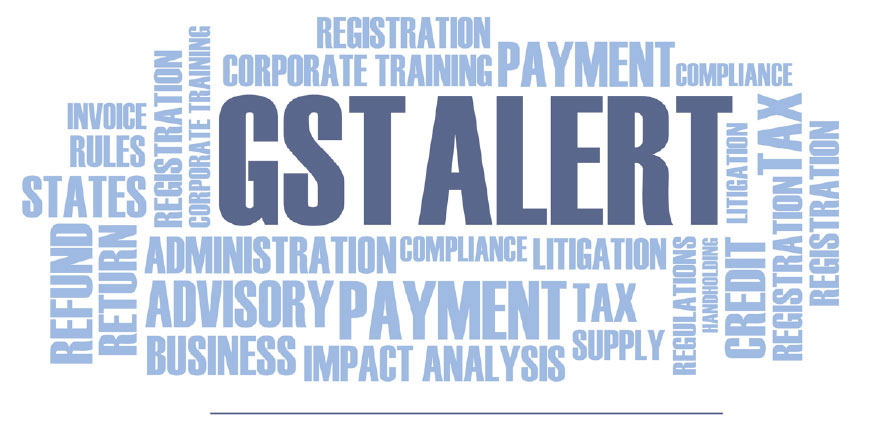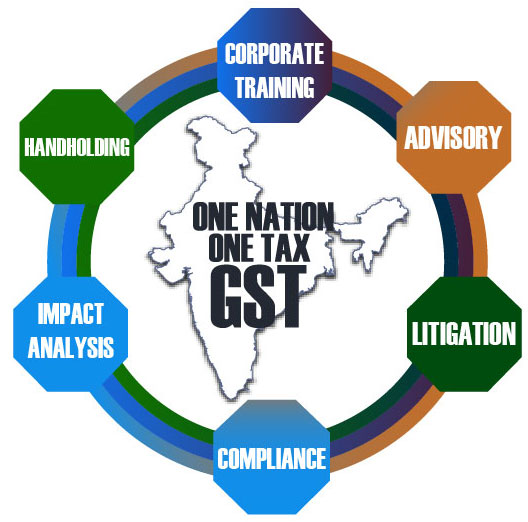Dated 9th September, 2020

Customs (Administration of Rules of Origin under Trade Agreements) Rules, 2020
INTRODUCTION
This Tax Alert summarizes the Customs (Administration of Rules of Origin under Trade Agreements) Rules, 2020 (CAROTAR,2020) notified by the CBIC.
BACKGROUND
CBIC has introduced new regulation under Section 156 read with Section 28DA of the Customs Act, 1962 related to Rules of Origin under Trade Agreements. This rules has been introduced vide Notification No. 81/2020-Cus(NT) dated 21.08.2020, it shall come into force from 21st September, 2020. Circular No. 38/2020- Cus, dated 21.08.2020 has also been issued in this regard.
Before CAROTAR, 2020, implementation of Rules of Origin and Verification of Certificate of Origin was guided as per Instruction No. 31/2016-Cus, dated 12.09.2016, which stands superseded with the issue of Circular No. 38/2020- Cus, dated 21.08.2020.
CAROTAR, 2020
The key features of CAROTAR, 2020 are as under:-
- In order to claim preferential rate of duty, the importer shall furnish details of Certificate of Origin in the bill of entry and make necessary declarations.
- To satisfy the origin criteria the importer shall possess information indicated in Form I and shall maintain all supporting documents for at least five years from the date of filing of bill of entry.
- During the customs clearance or afterwards, if the proper officer has a reason to believe that origin criteria has not been met, he may seek information and documents from the importer.
- Request for verification can be made before the Verification Authority in exporting country or Country of Origin, designated to respond to verification request under a trade agreement, where proper officer has doubt regarding-
- Genuineness of Certificate of Origin.
- Has reason to believe that the country of origin criterion stated in Certificate of Origin has not been met.
- Claim of preferential rate is invalid.
- Other claims of preferential rate of duty filed for identical goods imported from the same person may be rejected, where it is determined that goods originating from an exporter or producer do not meet the origin criteria.
COMPARISON BETWEEN OLD AND NEW RULE
S.NO. |
PARTICULARS |
THEN |
NOW |
1. |
Compliance Procedure |
No such compliance procedure. Only CoO issued by the competent body was required to be submitted. |
Apart from submission of CoO, the importer is required to possess information as per Form I annexed, related to country of origin criteria, including the manufacturing process, regional value content and product specific criteria, Tariff classifications, etc. |
2. |
Discretionary Power to Officers |
Verification was mandatory |
There is a discretion given to the proper officer whether or not to verify the CoO from the exporting country. |
3. |
Liability on Importer |
No such liability to furnish information. |
In case of doubt regarding the origin of goods, it is the liability of the importers to submit information satisfying the origin. |
4. |
Declaration in Bill of Entry |
No such declaration was required at the time of filing bill of entry. |
Declaration in Bill of Entry that imported products qualify as originating goods by importer or his agent as per Notification No. 81/2020-Cus (NT), dated 21.08.2020 |
CONCLUSION
The rules have been introduced to curb the practice of availing concessional custom duty by restricting/tracking non originating exporters to India through preferential trade countries as importers will now ensure obtaining declaration from overseas exporters evidencing fulfillment of Origin requirements. Also it is now obligation on importers, who are responsible to provide information required by proper officer for evaluating claim for preferential rate of duty under trade agreements. With new system in place, the importers cannot merely rely on CoO alone to claim concessional customs duty.

BT Associates is a premier indirect tax consultant in kolkata, delivering high quality services to client in the area of indirect taxation.GST idea is a unit of BT Associates formed to share knowledge on stakeholders. We cover entire gamut from technical papers to recent development including IT under GST


-
Founder Member
- Bhaskar Thakkar
- Chief Executive officer
- BT Associates, India
- thakkar@btassociate.com
BT Associates is a premier indirect tax consultant in kolkata, delivering high quality services to client in the area of indirect taxation.GST idea is a unit of BT Associates formed to share knowledge on stakeholders. We cover entire gamut from technical papers to recent development including IT under GST






